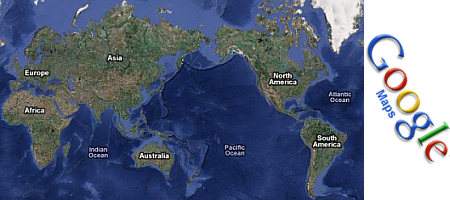Opinion: Not surprisingly, Google wants to own the mobile browser advertising market just as it dominates the desktop browser ad market.
With the announcement on Monday of its “improved” ad-delivery technology, buyers of its AdWords service for desktops now only need to check a second box and their content will appear on a smartphone when on-the-go users unwittingly search for a purchased term. Before today, advertisers seeking mobile users had to use a separate service to reach smartphone users.
What this means for mobile users is an increasing waste of their time.
Perhaps one of the most overhyped promises of mobile advertising is that it will be contextual and relevant. That is, location-specific. Say I’m in a strange city and need something. I use my smartphone to find it. Because my handheld device knows where I am (or should, if it is GPS-enabled), I’ll locate what I’m looking for faster either through local search or contextual advertising, saving me time and making my life so much better.
Maybe, but not if Google controls the advertising process.

Google’s various ad vehicles work by letting advertisers bid for words. You pay, you play. In the mobile world this has proven to be stupid. For example, I want to get my bicycle repaired in, say, Salem, Oregon. Today, if I type in “bicycle repair salem” on my mobile phone’s browser I get an advertisement for a repair shop in Salem, South Carolina, which Google Maps informs me is 2,717 miles away. A tad far, especially seeing as my bicycle is broken.
Or, if I happen to be using the Urban Spoon restaurant location app on my iPhone, when I search for a place to eat in Salem, Oregon, Google AdSense for Mobile Applications feeds me an advertisement for Roy’s Restaurant chain. It’s probably a nice place to grab some grub, but the closest one to me is in San Francisco, a mere 590 miles to the south, according to Google Maps.
The value of mobile advertising is to make it location aware, which is to say, contextual not laughable like Google’s current pathetic attempts are at the effort. The news on Monday means more advertisers will provide us with more irrelevant information, taking up our limited bandwidth and our precious time.






